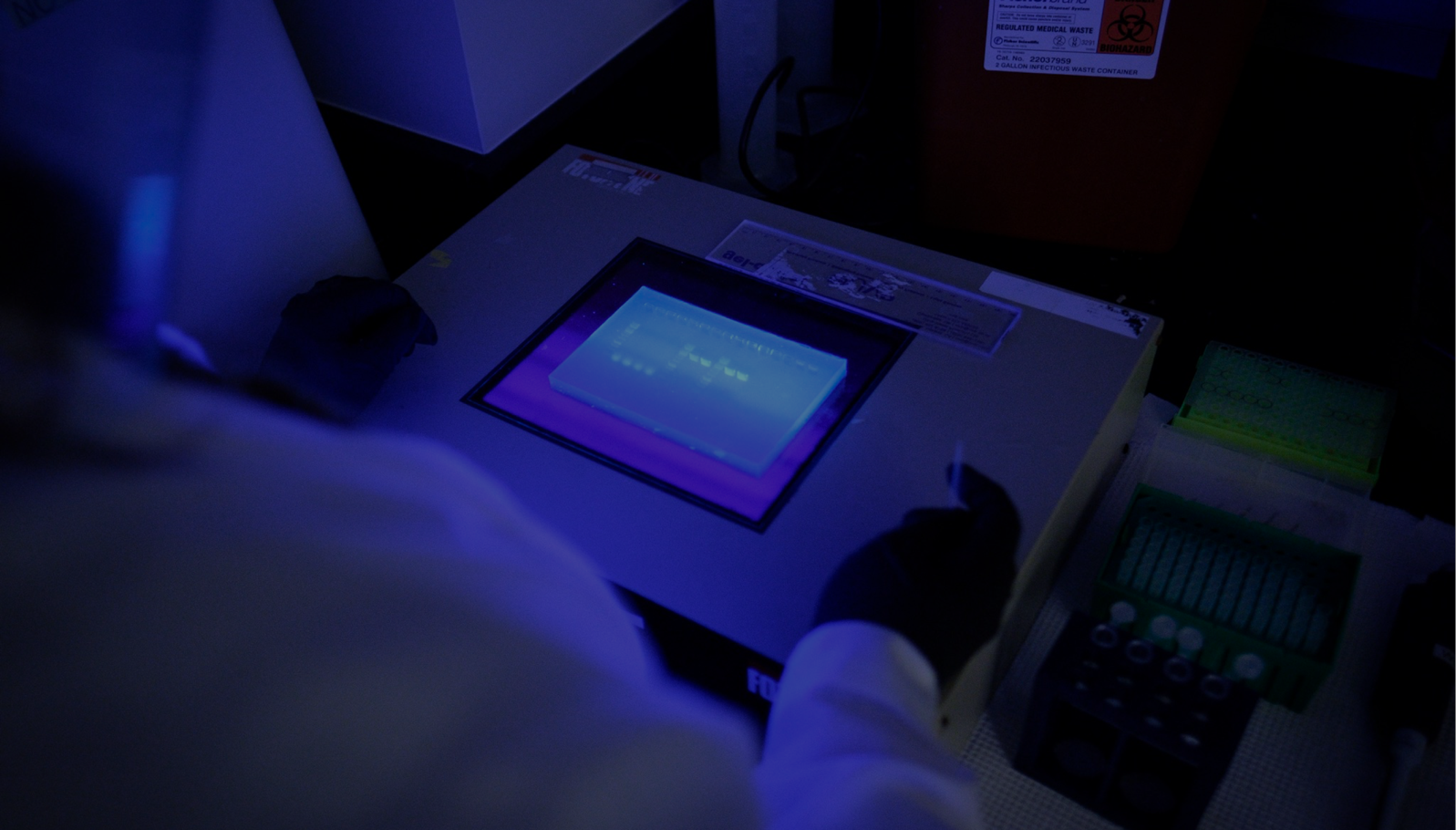Thomas
Hawn
MD
PhD

(206) 616-4124
Box 358061
750 Republican Street
Seattle, WA 98109-4766
General contact info
Biography
Tom Hawn studies the functional and clinical significance of human variation in the innate immune system and its regulation of susceptibility to tuberculosis and other infections.
His laboratory defines and characterizes the cellular function of genetic polymorphisms in innate immune response genes and the mechanisms of how they regulate susceptibility to human infection with an overall goal of elucidating novel therapeutic strategies.
Education & Training
- AB, Princeton University, Princeton NJ 1983-1987
- American - Scandinavian Foundation Fellow, University of Stockholm, Stockholm, Sweden 1987-1988
- MD, Johns Hopkins University, Baltimore MD 1988-1995
- PhD, Johns Hopkins University, Baltimore MD 1988-1995
- Internship & Residency in Internal Medicine, University of Washington, Seattle WA 1995-1998
- Fellowship in Infectious Diseases, University of Washington Medical Center, Seattle WA 1998-2001
- Visiting Scientist, Institute for Systems Biology, Seattle WA 2000-2005
Honors
- UW Dept of Medicine ’s Philip and Helen Fialkow Award 2008
- Burroughs Wellcome Fund Clinical Scientist Award in Translational Research 2009-2015
- Elected into American Society of Clinical Investigation 2011
- UW Department of Medicine Housestaff Research Mentorship Award 2013
Research Interests
Current research projects include examination of the immune response to Mycobacteria. These studies are focused on understanding why individuals are resistant to M. tuberculosis infection, what regulates the response to vaccination, and studying why some individuals get more severe forms of tuberculosis (e.g. TB meningitis).
Projects involve examination of the human immune response with a mixture of genetic and cellular techniques to compare immune responses in different populations. Cellular studies include manipulation of gene expression with gene editing techniques and the study of innate immune responses to M. tuberculosis infection in monocytes and macrophages.
Publications
Select Works
Simmons JD, Stein CM, Seshadri C, Campo M, Alter G, Fortune S, Schurr E, Wallis RS, Churchyard G, Mayanja-Kizza H, Boom WH, Hawn TR (2018) Immunologic mechanisms of human resistance to persistent Mycobacterium tuberculosis infection. Nat Rev Immunol [Epub ahead of print]. PMID 29895826.
Shah, JA, Musvosi, M, Shey, M, Horne, DJ, Wells, RD, Peterson, GJ, Cox, JS, Daya, M, Hoal, EG, Lin, L, Gottardo, R, Hanekom, WA, Scriba, TJ, Hatherill, M, Hawn, TR (2017) A functional TOLLIP variant is associated with BCG-specific immune responses and tuberculosis. Amer. J. Resp. Care and Critical Medicine. 196: 502-511. PMID28463648.



